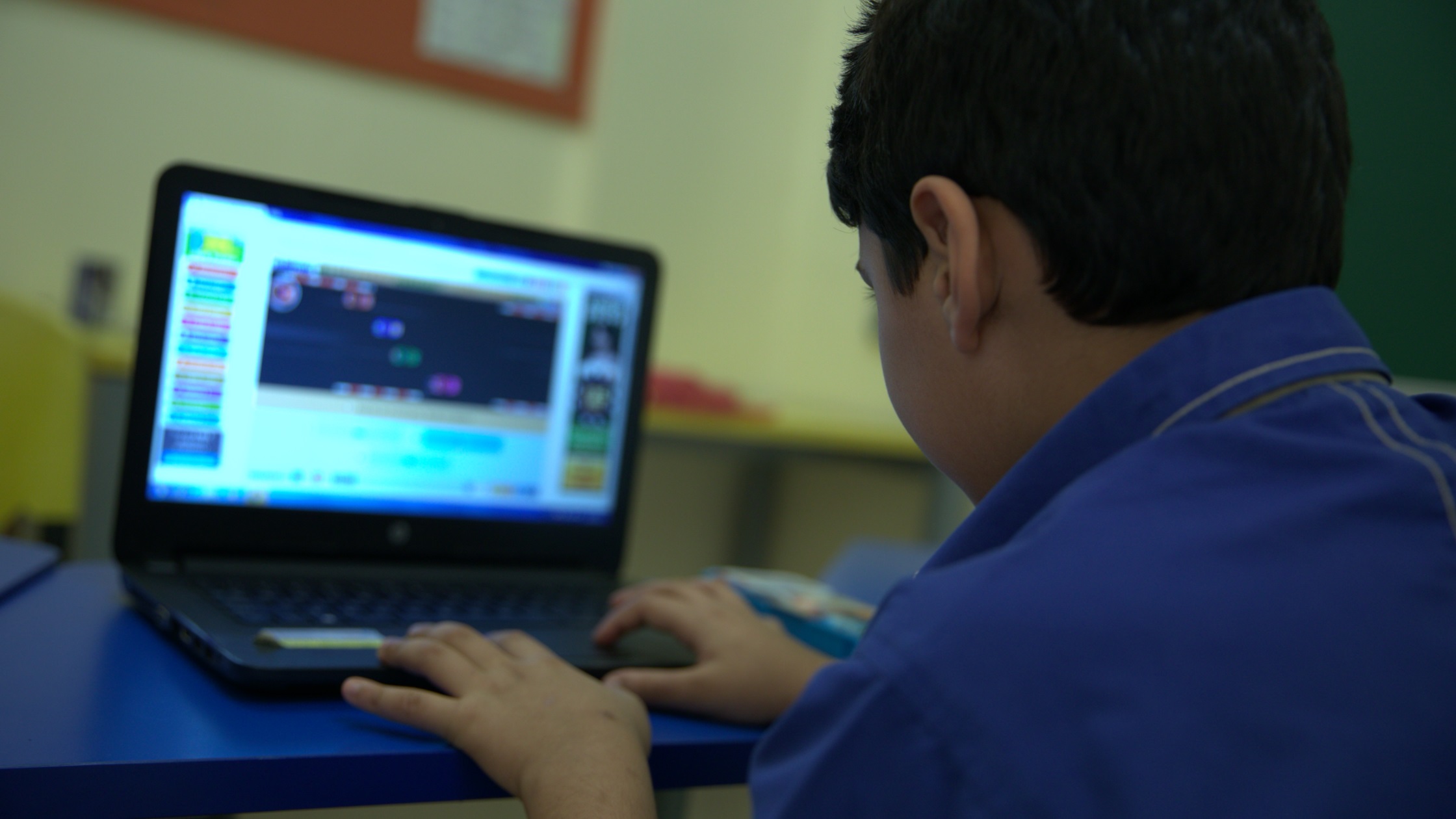

In
Mumbai, special schools are harnessing the potential of technology to provide
crucial support for students with dyslexia. These institutions recognize that
effectively use of technology can be a transformative force, enabling dyslexic
students to overcome the challenges they face in reading, writing,
comprehension, and mathematics.
Special schools in Mumbai are committed to aiding students with a diverse range of disabilities. These institutions are dedicated to equipping each student with the necessary tools and guidance for their success. Specially trained educators meticulously craft and implement customized curriculum and activities, tailoring them to the unique abilities and needs of each student. However, their role extends beyond academics, as they actively engage in fostering the social and behavioural development of their students.
Dyslexia, in brief, is a learning disorder that hampers the processing of data, particularly affecting reading, writing, comprehension, and mathematical skills. Additionally, individuals with dyslexia often struggle with information retention.
Digital learning emphasizes instructional methods that are constructive, collaborative, and grounded in real-world applications. These digital devices facilitate visual learning, reading, drawing, and video consumption, simplifying tasks for users. The design philosophy of technology centers around making tasks more manageable, whether it's completing an assignment for a student or delivering a time-bound project for an employee. In the field of education, the need for technology assistance is more critical than ever.
As
George Couros aptly stated, "For people without disabilities, technology
makes things easier. For people with disabilities, technology makes things
possible."
H2: Special Digital Tools for Dyslexic Students in Mumbai
Mumbai's special schools have access to a wide range of specialized digital tools designed to support dyslexic students:
Programmable keyboards with customized overlays are particularly beneficial for students who struggle with typing.
These books come in various formats, enabling students to listen to text, with features for easy navigation.
These tools can display and read text aloud, making written content more accessible to students with dyslexia.
Software programs assist students in organizing and solving math problems, with spoken text to enhance accessibility.
These programs help students organize information for writing projects, an area often challenging for those with dyslexia.
This technology transcribes spoken words into text, catering to students with strong oral skills.
Equipped with speech synthesizers, these calculators read numbers and solutions aloud, aiding accuracy checks.
These tools help students overcome spelling difficulties by reading and displaying words on-screen.
Recording lessons for later playback provides students with the opportunity to review and understand at their own pace.
A vast array of freely available educational videos on the internet offers valuable information and learning strategies.
Digital technology has been a game-changer for students with learning disabilities, particularly dyslexia. These tools not only facilitate learning but also boost students' confidence and independence. They offer a unique opportunity for dyslexic students to adapt to the demands of both school-related tasks and the ever-changing landscape of the digital age.
The
progress in digital technologies over recent years has been nothing short of
remarkable, making it possible for these students to thrive academically and
beyond. Mumbai's special schools are at the forefront of this transformative
educational journey, equipping dyslexic students with the tools they need to
unlock their full potential in a world filled with possibilities.
In the words of George Couros, "Technology is not just a tool; it can give learners a voice that they may not have had before."
Rupali Lamkhade, Teaching Faculty at
The Aditya Birla Integrated School, emphasizes the importance of technology in
ensuring that students with learning disabilities can succeed, opening new
horizons for their academic and personal growth.